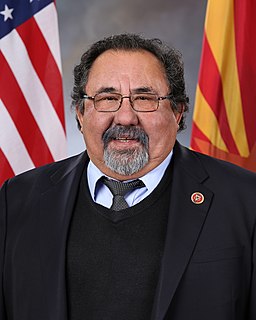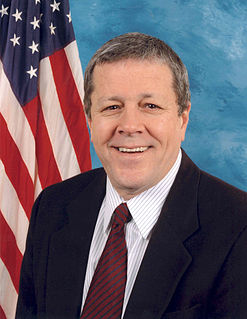A Quote by Barbara Boxer
Related Quotes
I think what history will show is that one of the most tragic results of the war in Iraq will be that although Sharon, the Likudites, the Neoconservatives in our country, President Bush and the Democratic party thought the war in Iraq and destroying Saddam would benefit Israeli security, we're seeing absolutely that the war in Iraq has probably put Israeli security in a more tenuous condition than it's been in since the founding of the Israeli state.
It is a tough choice. In war, people die. But when we refuse to confront the enemy, we will face the enemy in New York and Washington, as we did on 9-11. As for responsiblity, of course we stand by our decision to go to war on Iraq. President Kennedy said that friend and foe alike should know where America stands.































